新人教版高中英语必修2Unit 4 History and Traditions-Discovering Useful Structure教案一
-
- 页数:4页
- 字数:约 5615 字
- 大小:78.12KB
- 格式:.docx
- 版本:Office2016及以上版本
- 作者:墨韵浅月
Unit 4 History andTraditions-Discovering Useful Structure教学设计
This theme of thepart is the past participle used as the object complement and the attribute.This section is very important for students to express their feeling ordescribe the situation concisely. So we should guide students to learn this andits functions.
1.Learn andunderstand the functions of past participle as the object complement and theattribute.

2.Tell thedifference between the present participle and past participle.
3.Learn to writesentences with the past participle flexibly according to the context.
1.Learn andunderstand the functions of past participle as the object complement and theattribute.
2.Tell thedifference between the present participle and past participle.
3.Learn to writesentences with the past participle flexibly according to the context.
Step 1. Observe the following sentences, and answer the question:
What is therelationship between the past participle and the nouns ?1.Most people just use the shortenedname: “the United Kingdom” or “the UK”.
2.They use the same flag, known as theUnion Jack,...
3.They had castles built all aroundEngland, ...
位置区别:
例1中,shortened在名词前,例2中,known as 在名词后面。所以,我们可以得出结论:单个分词作名词的定语时,其位置在名词前;分词短语则放在名词后面。
句子成分:
例1和例2,分词和分词短语都用来修饰名词,做定语;例3 名词castles 是作had的宾语,所以built是对名词castles进行补充说明,做宾语补足语(简称宾补)Step 2 Practice
1.分析过去分词在句子中的成分
1)The new productfinally passed the required test.
2)It is a housebuilt by the Romans.
3)He got his toothpulled out yesterday.
4)Unfortunately hehad his leg broken yesterday.
答案:1). 作前置定语 2). 作后置定语 3).作宾补 4). 作宾补
2.把前置定语改写后置定语
1). tiredvisitors--- visitors________ of the long wait
2). a well-organised trip---a trip______ well by my workplace3)beautifullydressed star--- stars __________ beautifully at the event
答案:1). tired 2).organised 3). dressed
Step 3. More as the attribute
过去分词作定语的时态和语态意义1.及物动词的过去分词作定语通常表示被动和完成, 即被修饰词通常是过去分词所表示的动作的承受者, 且该动作已经完成。
I don’t like thebook written by Martin(=which was written by Martin). 我不喜欢马丁写的这部书。
Our class went on a triporganized by our school(=which was organized by our school) last Monday.
上周一我们班参加了一次学校组织的旅行。
2.不及物动词的过去分词作定语仅表示完成, 不表示被动。
The fallen leaves of the wood cover theground when in fall. 秋天时, 小树林的落叶覆盖着地面。
The risen sun is shining brightly in themorning. 早上已升起的太阳正明亮地闪耀着。
3.过去分词(短语)作非限制性定语, 相当于非限制性的定语从句, 用来补充说明被修饰词的情况, 通常用逗号与主句隔开。
The bridge, built last year(=which wasbuilt last year), is in use now.
这座桥, 去年建成, 现在已通行。
Paper cuts, used for religious purposes(=which are used for religiouspurposes), can be bought in the store. 用于宗教目的的剪纸可以在这家商店里买到。
现在分词与过去分词作定语的区别
1.语态上不同: 现在分词表示主动意义, 过去分词多表示被动意义。
The running water(=The water which runs)in the river is very clear. 河里的流水很清澈。
Nine out of tenwomen interviewed (=who were interviewed)about the product said they liked it.
就这个产品被采访的十位妇女中有九位说她们喜欢这个产品。
2.时间关系上不同: 现在分词表示正在进行的动作, 而过去分词表示已经完成的动作。
We are all livingin a changing world(=a world which/that is changing).
我们都生活在正在发生变化的世界里。
The changed world(=The world which had changed) surprised him. 已经变化了的世界令他吃惊。
Step 4. More as the object complement
1. 用于feel, find, hear, notice, see, smell, observe,watch, think等表示感觉或心理状态的动词后作宾语补足语。
Many passers-bysaw a tree beside the street knocked down by a car yesterday.
昨天很多路人看见路边的一棵树被一辆小汽车撞倒了。
When he woke up inthe hospital, he found himself surrounded by doctors and nurses.
当他在医院醒来时, 他发现自己被医生和护士包围着。
总结起来,其结构为:feel/find/hear/notice/see/smell/observe/watch/think+宾语+done
2. 用于get, have, make,keep, leave等使役动词后作宾语补足语。
He spoke Englishslowly, and tried to make himself understood while traveling abroad.
在国外旅行期间, 他说英语的语速很慢, 尽力让人们理解自己的意思。
When he was working,he liked keeping the door of his room closed.
当他工作时, 他喜欢关着房间的门。
He wants tohave/get his eyes examined tomorrow.
他明天想去检查眼睛。
He narrowly hadhis legs broken while he was riding a horse the other day.
几天前当他骑马时, 他的腿差点摔断。
总结起来,其结构为:get/have/make/keep/leave +宾语+done
Step 5 Practice
一、完成下列句子。
1.Judy and I_______________(把车停下来(park))in an underground car Park near Trafalgar Square,where we could ______________________(让我们的车充电(charge)).
2.When we finallyreached the service desk to ask for audio guides, we heard it ___________ thatthere were no audio guides____________(留下,剩下).
3.We__________________________(发现自己对...很惊讶)the large numberof visitors and the amount of noise at the entrance of the National Gallery.
4.Judy____________________(眼神专注于) Van Gogh’s Sunflowers. It was hard toapproach the painting as there were so many people around.
5.She____________________(把这幅画的复制品装箱(box)) to ensure that it was delivered safely.
答案:1.had our car parked get our car battery charged 2. announced left
3.found ourselves very surprised 4.had her eyes fixed on
5. had a copy of the painting boxed二、用过去分词对下列句子进行改写。
您可能喜欢的文档
查看更多
新人教版高中英语必修2Unit 3 The Internet-Discovering Useful Structure教案一
- 页数:5页
- |大小:98.58KB

新人教版高中英语必修2Unit 3 The Internet-Discovering Useful Structure教案二
- 页数:4页
- |大小:118.87KB
热门课件教案

人教A版高中数学必修一诱导公式教学设计(1)
- 页数:9页
- |大小:180.22KB
- 课件教案
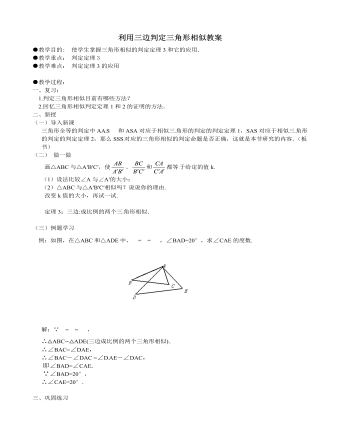
北师大初中数学九年级上册利用三边判定三角形相似2教案
- 页数:2页
- |大小:230.50KB
- 课件教案
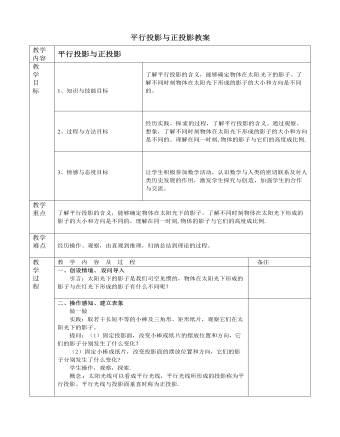
北师大初中数学九年级上册平行投影与正投影2教案
- 页数:2页
- |大小:453.50KB
- 课件教案
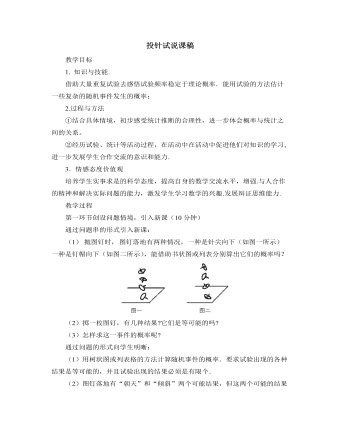
北师大版初中数学九年级上册投针试说课稿
- 页数:3页
- |大小:204.00KB
- 课件教案
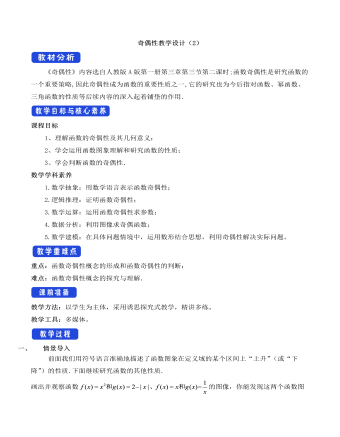
人教A版高中数学必修一奇偶性教学设计(2)
- 页数:7页
- |大小:179.77KB
- 课件教案
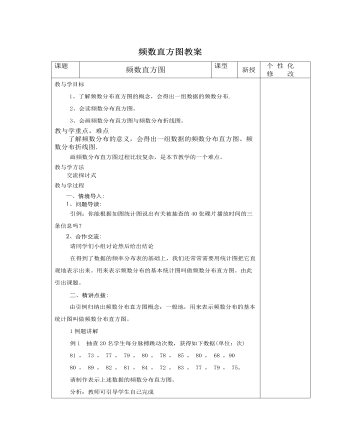
北师大初中七年级数学上册频数直方图教案2
- 页数:5页
- |大小:71.50KB
- 课件教案
今日更新
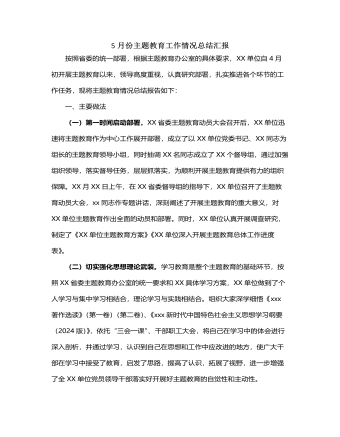
5月份主题教育工作情况总结汇报
- 页数:3页
- |大小:136.87KB
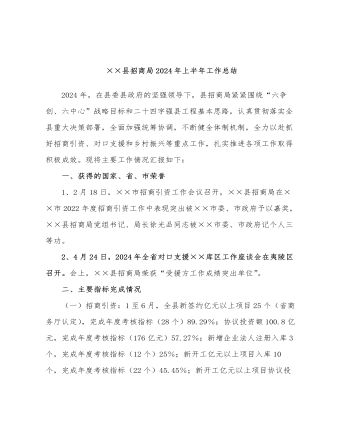
××县招商局2024年上半年工作总结
- 页数:12页
- |大小:142.54KB
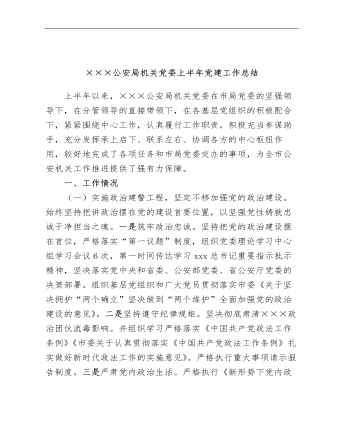
×××公安局机关党委上半年党建工作总结
- 页数:7页
- |大小:186.25KB
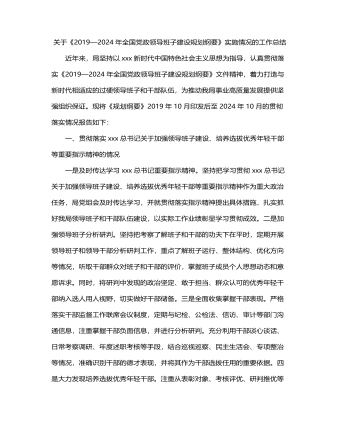
《2019—2024年全国党政领导班子建设规划纲要》实施情况的工作总结3800字
- 页数:6页
- |大小:29.16KB
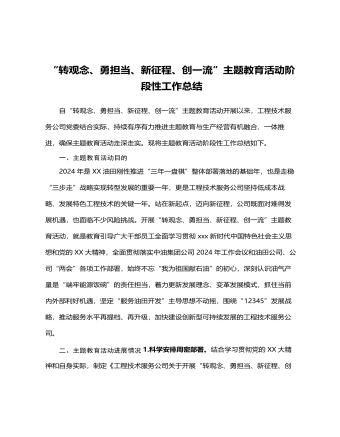
“转观念、勇担当、新征程、创一流”主题教育活动阶段性工作总结
- 页数:3页
- |大小:22.76KB
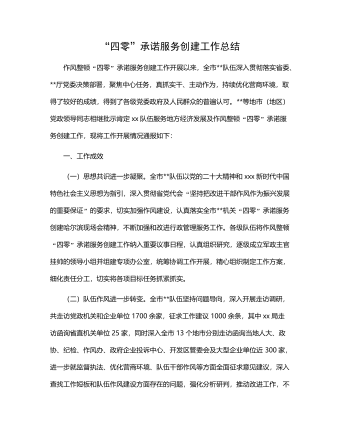
“四零”承诺服务创建工作总结
- 页数:5页
- |大小:39.83KB










